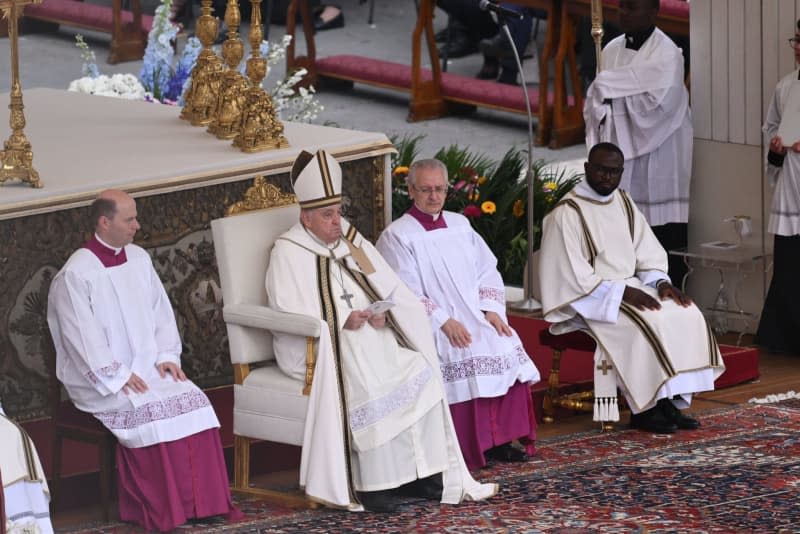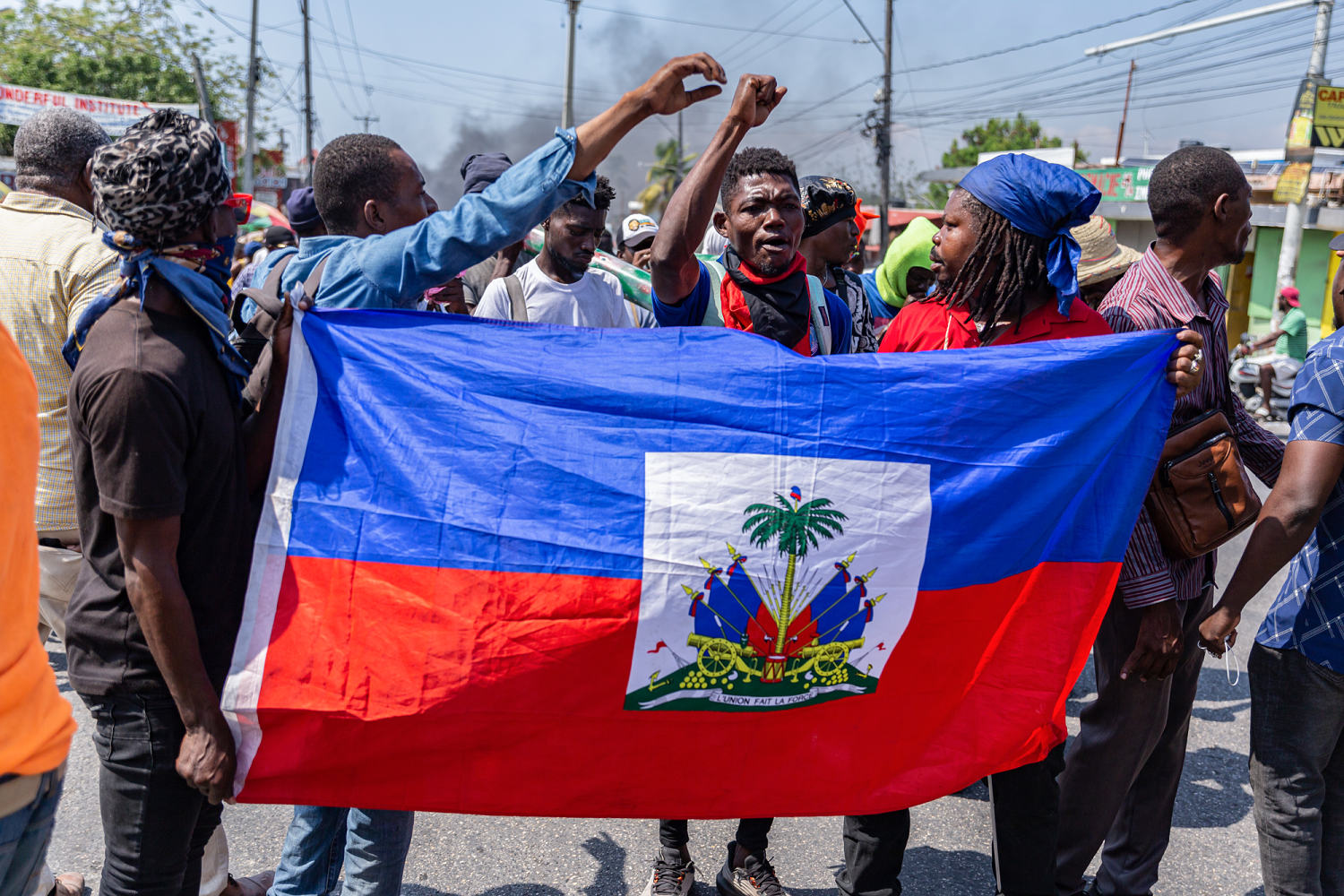Members of a transitional presidential council who will be responsible for selecting a new prime minister issued their first official statement on Wednesday, pledging to restore “public and democratic order” in Haiti.
The statement, although signed by eight members of what is supposed to be a nine-member council, is still considered a sign that a contentious and drawn-out nomination process is ending and that the council might soon assume its official duties.
“We are determined to alleviate the suffering of the Haitian people, trapped for too long between bad governance, multifaceted violence and disregard for their perspectives and needs,” they said.
The members noted that as soon as the council is officially installed, they would help “put Haiti back on the path of democratic legitimacy, stability and dignity.”
The statement was issued nearly a month after gangs began targeting key government infrastructures across the capital of Port-au-Prince. The violence has somewhat subsided since the Feb. 29 attacks began, with gangs previously burning police stations, opening fire on the main international airport that remains closed and storming Haiti’s two biggest prisons, releasing more than 4,000 inmates.
Scores of people have been killed, and some 17,000 left homeless.
In recent days, the violence has been largely focused on downtown Port-au-Prince.
The council members pledged to “execute a clear action plan aimed at restoring public and democratic order through the restoration of the security of the lives and property of the population, the relief of poverty and the achievement of free elections as well as the reforms necessary to the progress of the nation.”
The members said they have developed the criteria and mechanisms to choose a council president, a new prime minister and a ministerial cabinet.
Prime Minister Ariel Henry, who remains locked out of Haiti, has said he would resign once the council is formally established.
“We are at a crucial turning point that calls us to unity. It is imperative that the entire nation comes together to overcome this crisis for the well-being of all and a future better for our country,” the council members said.
Those who signed the statement were Fritz Alphonse Jean, with the Montana Accord group; Leslie Voltaire with Fanmi Lavalas; Louis Gérald Gilles with the December 21 Agreement political group, which is allied with Henry; Laurent Saint-Cyr with the private sector; Edgard Leblanc Fils with the January 30 political group; Emmanuel Vertilaire with the Pitit Desalin party; Augustin Smith with the EDE/RED political party; and Frinel Joseph as one of two non-voting observers.
Smith recently replaced former nominee, Dominique Dupuy, a UNESCO ambassador, who announced Sunday that she was resigning following political attacks and death threats.

